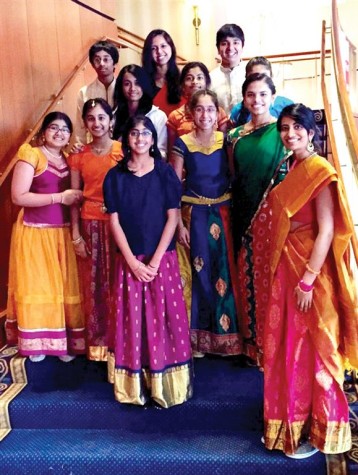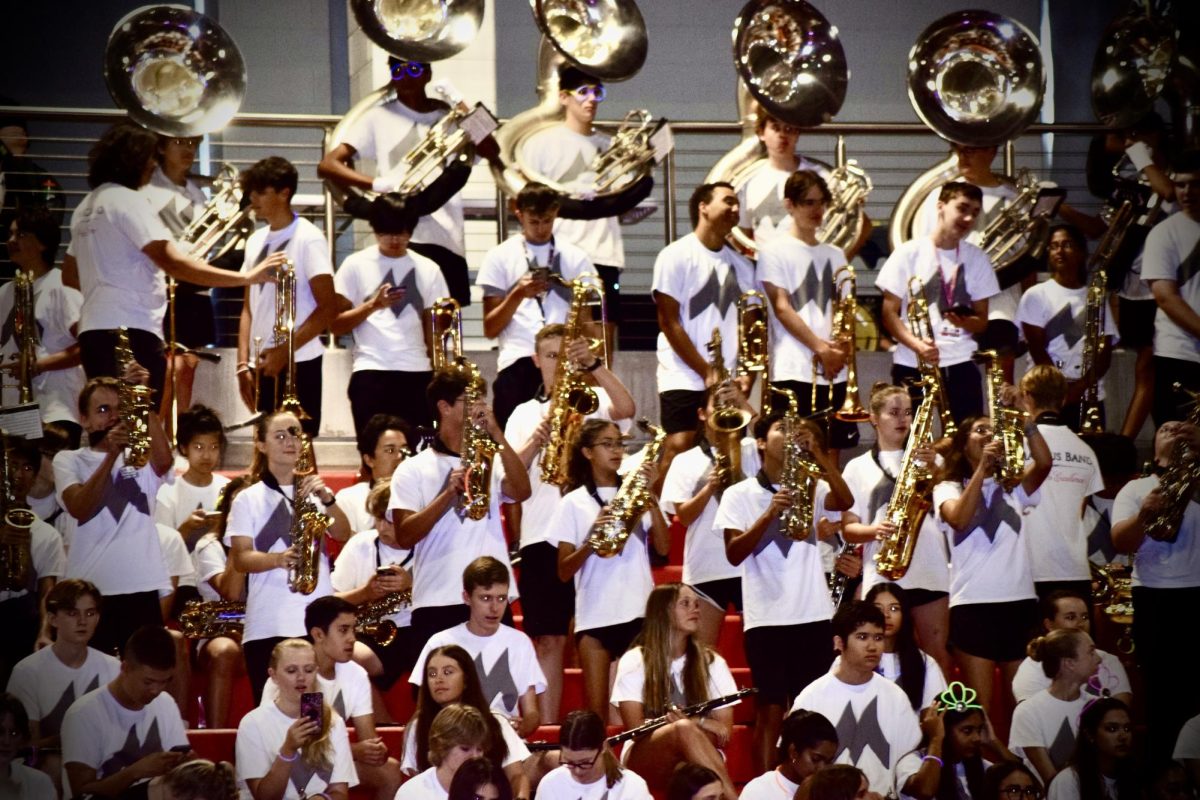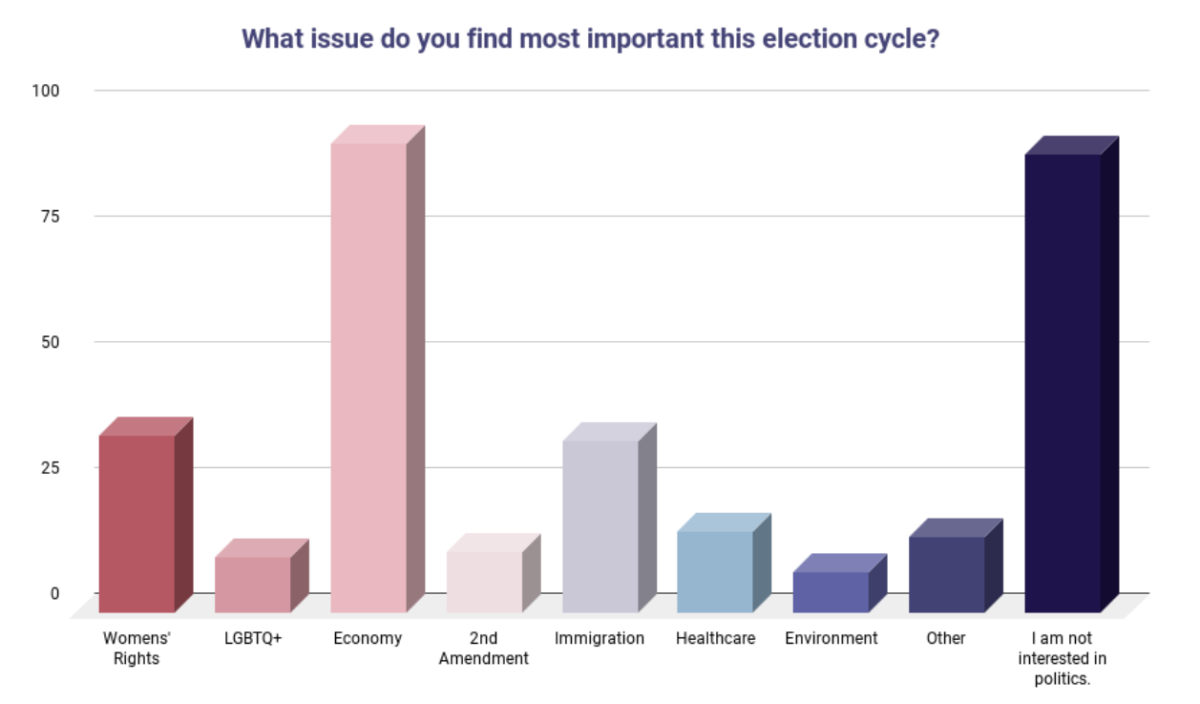“Practice.”
That word was drilled into the heads of freshmen Subha Cherukupalli and Anusha Hedge as they rehearsed songs with their instructors.
“Just one mistake and the whole audience will hear it.”
Their recital group included over 120 people, but each person had a vital role. Everyone had to stay synchronized and in rhythm. The group traveled all the way to Cleveland, Ohio for the recital which would be performed in front of hundreds of people, who were all there to honor Hindu gods.
Famous directo rs from across the country had come to conduct them at the largest Indian Classical music festival outside of India, so everything had to be perfect. Ten hour practices with continuous corrections took up the days before the performance.
rs from across the country had come to conduct them at the largest Indian Classical music festival outside of India, so everything had to be perfect. Ten hour practices with continuous corrections took up the days before the performance.
The day came and they emerged with their group onto the stage to sing the ten songs they had been practicing for months. Cherukupalli and Hedge remembered all the hard work they put in as they sang, including all the corrections and changes.
After the songs were over and they were applauded for their work, relief came over the two when they realized that they had done an amazing performance.
***
Indian classical singing has been enjoyed for centuries. Cherukupalli and Hedge take classes to learn this type of singing and become more familiar with their cult
ure.
“It was at first an initial push by our parents,” Cherukupalli said. “But now we want to do it.”
Their singing is mainly in Tamil, a language spoken by over 70 million people and used in India and Singapore. They also sing in Sanskrit, which is the root of all the Indian languages, just like Latin is for European languages.
Each girl has devoted over five years of her life to taking this music class. They spend hours a week practicing with their teacher, Radha Sury, and learning the music.
As they learn how to manage their time from the class, they’ve also learned about themselves and about life. Sury makes sure they keep up their education and that they know it takes hard work to advance in life.
“Nothing is impossible when effort is put in with patience,” Sury said. “Patience and perseverance are very important to move towards the road to success.”
Even in the summer, their commitment to this music class shows. The two spend some of their break from school learning and practicing their music. From 9 a.m. to 5 p.m. they do vocal exercises for the songs they sing throughout the year.
For these girls, their culture isn’t covered in depth in their mainly Euro-based history classes, so to get a better understanding, learning has to be done on their own time. Sury makes sure to instruct them vocally and also culturally to make sure they know their heritage.
“We learned a lot about our culture from music class because we were born [in America] and brought up here.” Hedge said. “I feel like without music class we wouldn’t have really learned a lot about our culture and I feel like that’s why our parents put us in music classes.”
In addition to learning these intricate songs, balancing school, homework, extracurriculars and this music class has been tough for Hedge and Cherukupalli. Their dedication to this class sometimes uses up their free-time during weekends for them to learn a song and perfect it. Their music class takes up a few hours after school during the week they could use for time to do their homework. Transitioning from middle school to high school while being involved in all of these time-consuming hobbies has been a challenge for them. As they’ve grown and taken this class, they’ve had many people ask about why they do it, or what it really is. Some people are nervous to do new things, but Cherukupalli has encouraging words for those who are apprehensive about experiencing different activities.
“Just go do it.” Cherukupalli said, “Don’t be afraid of what people will think.”







